Klima is a village and the seat of the municipality of Festos in the Heraklion regional unit of Crete. It is situated at an altitude of 140 meters and is 70 kilometers from Heraklion. The village has a long history, dating back to at least the Venetian period.
Location and Geography
Klima is located in the westernmost part of the Heraklion regional unit, in the Amari Valley. The village is built on a hillside, overlooking the valley. The surrounding area is agricultural, with olive groves and vineyards being the most common crops.
History
The village is mentioned in Venetian documents as early as 1577. In 1583, it was recorded as having 52 inhabitants. During the Ottoman period, the village was part of the Rethymno district. After the union of Crete with Greece in 1913, Klima became part of the Heraklion prefecture.
Economy
The main economic activities in Klima are agriculture and animal husbandry. The most common crops are olives and early vegetables. The villagers also raise sheep and goats.
Culture and Traditions
The village of Klima has a rich cultural heritage, deeply rooted in the traditions of Crete. The villagers speak the Cretan dialect, a distinctive variant of the Greek language, which adds a unique flavor to their cultural expression.
Religious traditions play a significant role in the cultural life of Klima. The village has a long history of religious devotion, evidenced by the presence of six churches in earlier times. These churches, dedicated to various saints and religious figures, served as centers of communal worship and social gatherings. While the exact date of the construction of the first church remains unknown, their historical presence underscores the importance of religion in shaping the village’s identity. The most important religious event in Klima is the celebration of the Assumption of the Virgin Mary (Dormition of the Theotokos) on August 15th. This festival is a time for villagers to come together, attend church services, and participate in traditional festivities.
The people of Klima have a strong tradition of folk music and dance. The “Kritikos” is a popular dance performed at weddings, festivals, and other social events. It is a lively dance that involves intricate steps and movements, often accompanied by traditional Cretan music played on instruments like the lyra and the laouto. These cultural expressions, passed down through generations, continue to be an integral part of the village’s identity. They provide a sense of continuity with the past and reinforce community bonds.
Family and Social Life
Family and social life in Klima is characterized by strong kinship ties and a deep sense of community. The extended family is the cornerstone of social organization, with multiple generations often living together or in close proximity. This close-knit family structure provides support, stability, and a sense of belonging. Within families, traditional gender roles are observed, with men primarily responsible for tasks requiring physical strength and women taking on roles such as fetching water, weaving, and tending to animals. However, there is also a strong sense of shared responsibility, with everyone contributing to the well-being of the family and the community.
Social interactions in Klima are marked by hospitality and a strong sense of community spirit. The villagers are known for their welcoming nature and their willingness to help one another. This is evident in the tradition of offering labor without pay for communal projects, such as building schools, churches, and roads. This practice, known as “parea,” reflects the collective spirit and the importance of cooperation in village life.
Weddings are significant social events in Klima, marking the union of families and the continuation of traditions. The custom of choosing grooms from mountainous areas and brides from lowland regions, such as Tymbaki, highlights the social connections between different communities. After marriage, the newlyweds typically reside in the groom’s paternal home, where they become part of the extended family unit. This arrangement often involves working together, sharing meals, and living under one roof, reinforcing family bonds and promoting a sense of shared responsibility.
The inheritance system in Klima reflects the importance of family and kinship. The paternal property is typically passed down to the sons, while daughters receive a dowry, which may include a house, furniture, land, trees, and animals. The distribution of the dowry often depends on factors such as the bride’s beauty and the social standing of the groom, highlighting the social and economic considerations involved in marriage and inheritance.
Religion
The majority of the villagers are Greek Orthodox Christians. The village has a church dedicated to the Assumption of the Virgin Mary.
Settlement: Key Points
- Historical References: Venetian documents (1577, 1583), Ottoman records.
- Location: Westernmost part of Heraklion regional unit, Amari Valley, Crete, Greece.
- Historical Significance: Long history dating back to the Venetian period.
- Population Data:
Year |
Population |
Notes |
|---|---|---|
1583 |
52 |
|
1900 |
230 |
Christians |
1913 |
264 |
|
1928 |
301 |
|
1940 |
407 |
|
1981 |
379 |
|
1991 |
366 |
|
2001 |
307 |
|
2011 |
235 |
|
2021 |
232 |
- Current Status: An active agricultural village with a strong sense of community and tradition.
References
Access
Klima is 4.2 kilometers away from the Tympaki and 6.9 kilometers away from Agia Galini

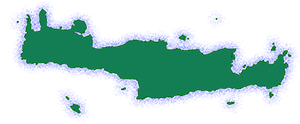















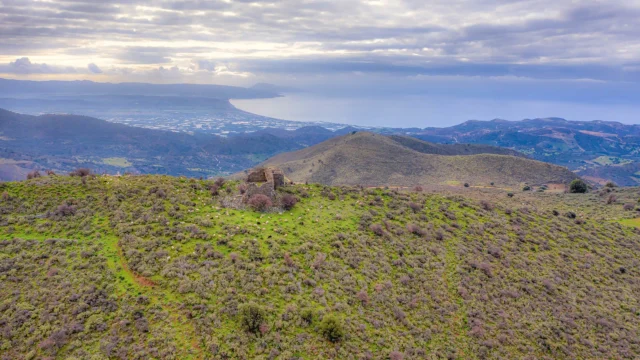

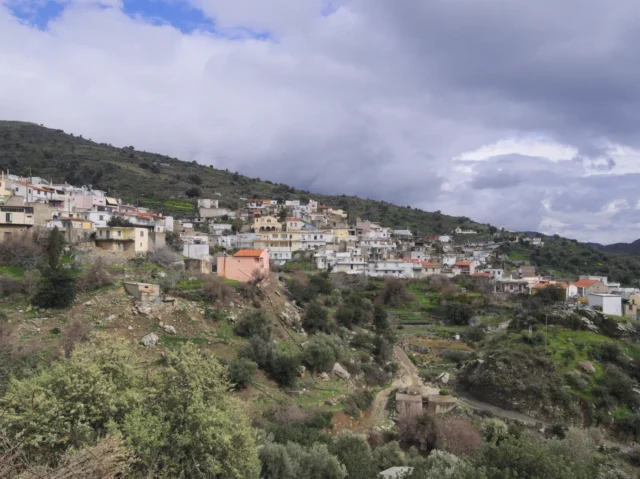
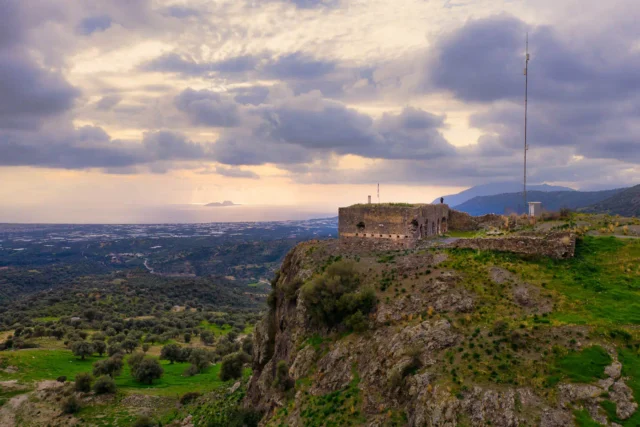


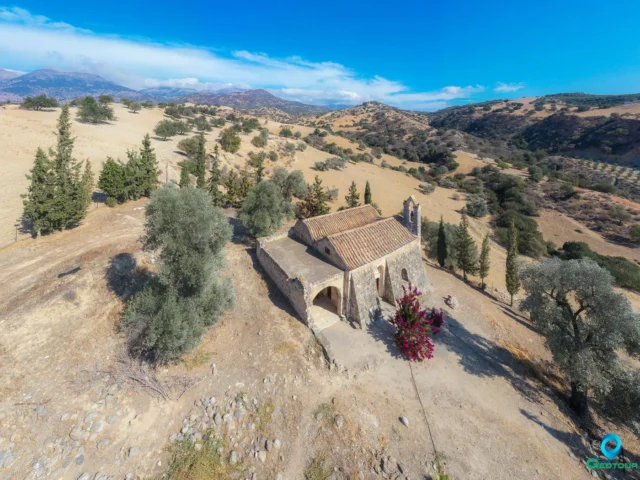
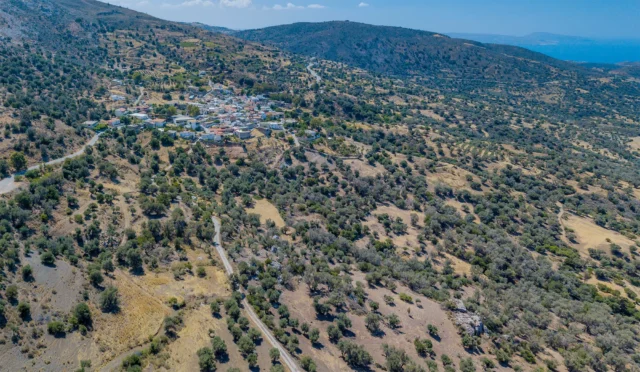

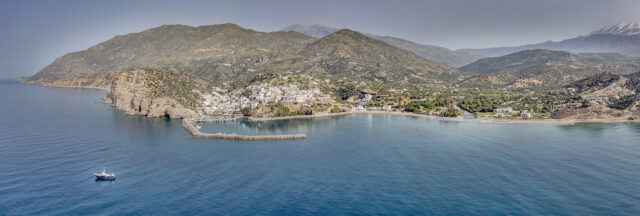
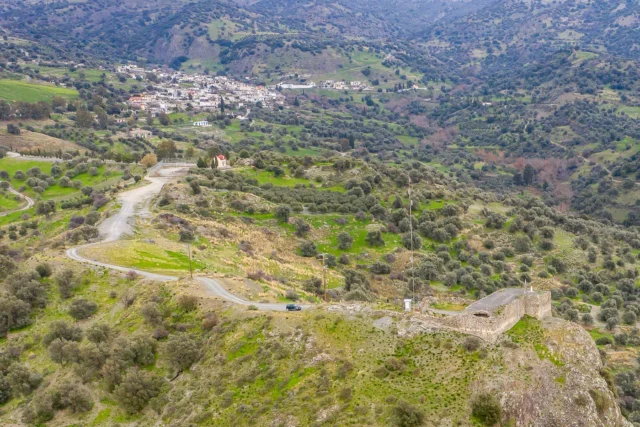
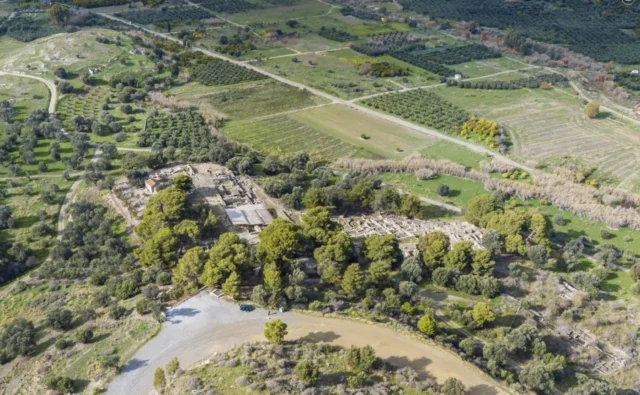
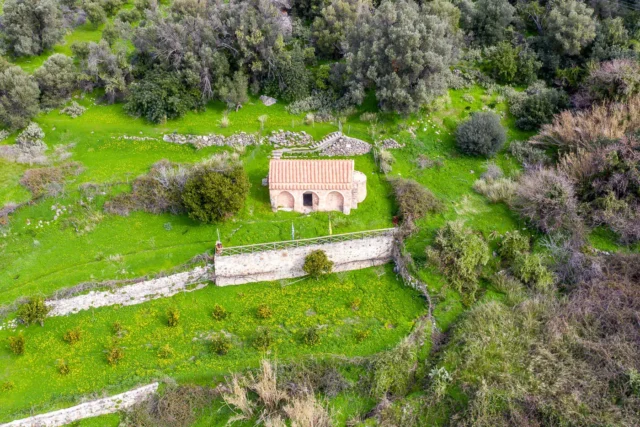
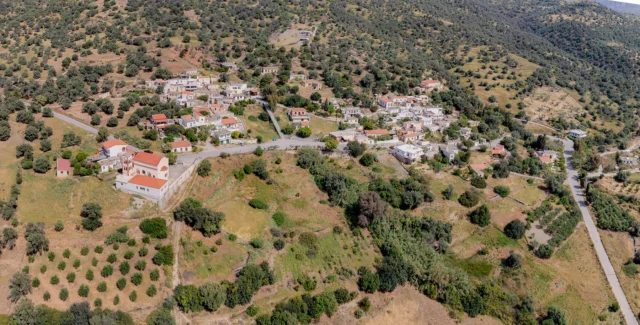

There are no comments yet.